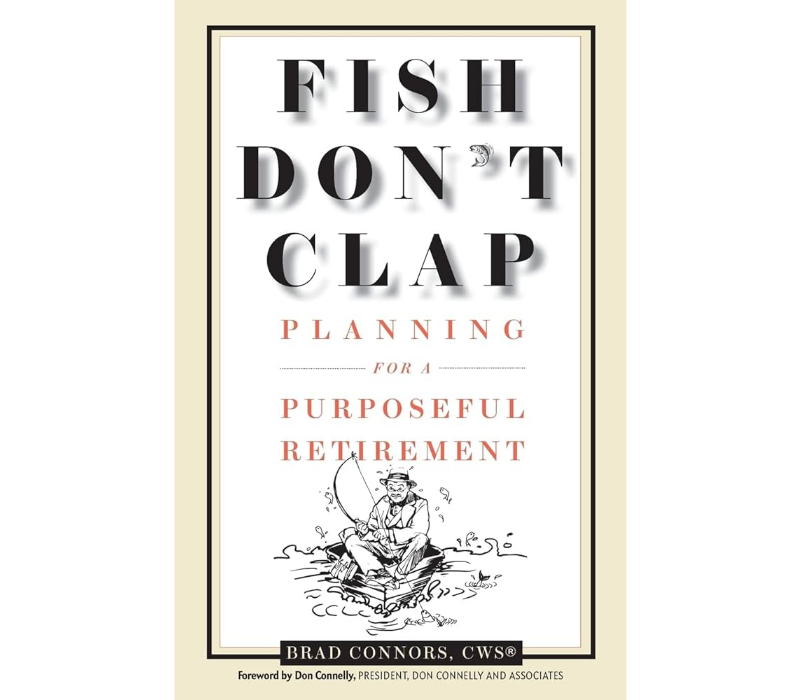Client-Centered
Your dreams become our goals, and those goals drive all our work with you.
Hardworking
We strive to provide the highest quality financial services to your family.
Trustworthy
In everything we do, we seek to build trust through transparency and integrity.
Humble
We lead with humility, always putting your needs above everything else.

Fish Don’t Clap
Plan for a Meaningful Retirement
Join Brad Connors as he introduces his book Fish Don’t Clap and shares his mission to help people retire with the right perspective. Retirement should be a great phase of life, and this book aims to guide you toward that goal. Request your copy today and start your journey to an amazing retirement!
Financial Education
Learn from Our Finance Experience
What is Your Wealth Gap and How to Fix It
Strategic Business Planning Brad Connors
How to Protect Everything You’ve Built In Your Business
Strategic Business Planning Brad Connors
The Hardest Lesson My Family Taught Me About Wealth
Strategic Business Planning Brad Connors
Congratulations on your 30 years!! You are part of our journey as we go into our “Golden Years.” It has been a pleasure to visit with Brad, JP and the rest of the iWealth team. We feel we are in good hands with your financial knowledge. Thank you and God Bless.
We were very pleased that iWealth accepted us and our financial friendship dealings these past 18 years. Back in about 2007 or 2008, we brought some of our financial resources from the University of Minnesota to you for investing for us in our retirement in the Waseca area. Our financial status was not huge but iWealth invested it in various financial homes that have supported us in our 14 years of retirement. We have lived well and comfortably on these resources, and their financial returns will support us well into the future. We have not chewed our fingernails too much except in October 2008. All in all, we have lived very well with iWealth’s financial management of the resources transferred from the U of MN. Moreover, we’ve definitely appreciated the “family” relationship to iWealth’s employees. We consistently enjoy coming through the doors to visit with you folks. We look forward to it in the coming years as well. With long term best wishes,















